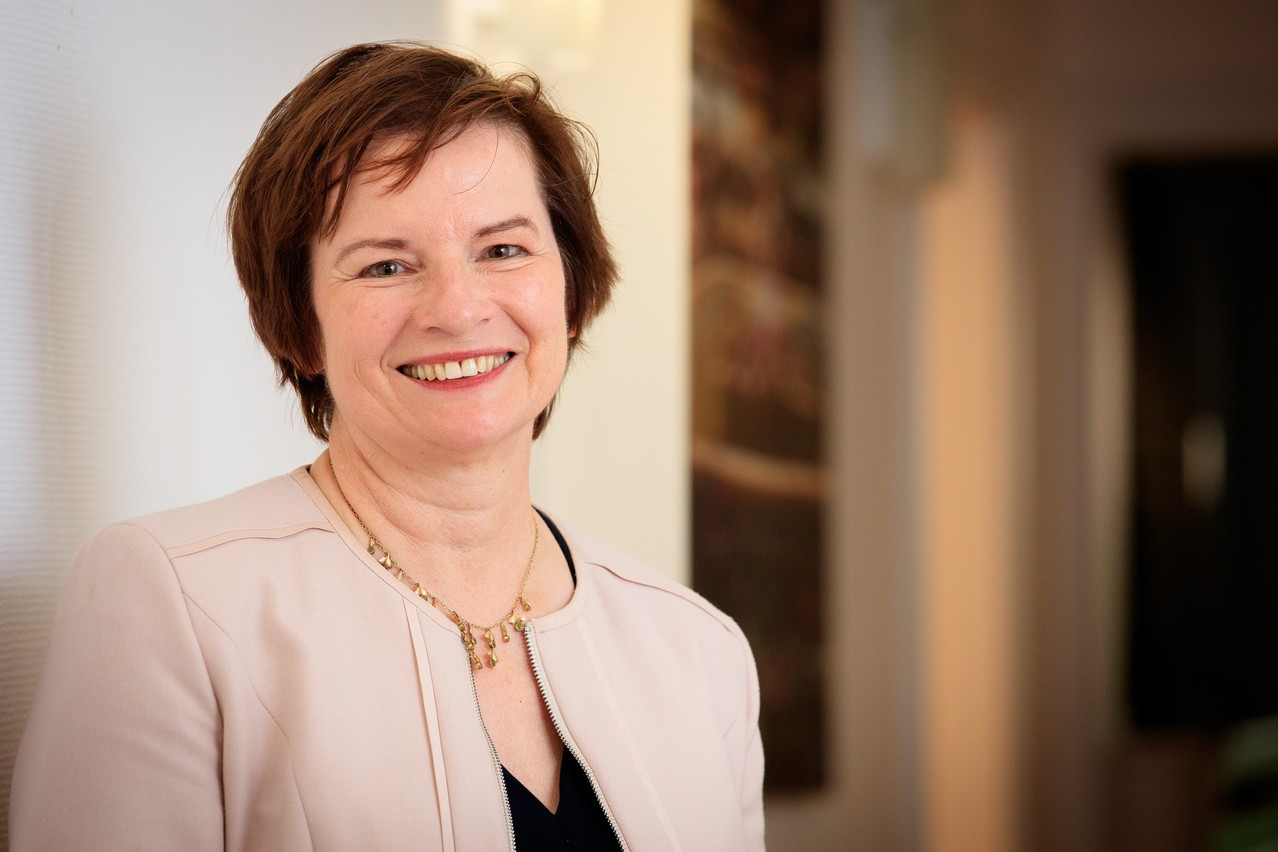Cancer is a leading cause of death in Luxembourg--around 1,100 deaths and 3,000 cases diagnosed every year. You are launching a campaign on 4 February on how to talk about cancer. Why is this your focus area this year?
Talking about cancer is difficult--for the patient, who receives that diagnosis and has to tell others, but also for their entourage, their partner, children and friends. That’s why we asked cancer patients or former patients to tell us what helped them, what made them angry, what they would have been happy to hear. Cancer patients often say that after a while they no longer hear from their friends. And I think it's because people don’t know how to talk to them, what to say, how to find the right words. But that’s important so that cancer patients don’t end up alone.
Last year, you warned that cases might go undiagnosed because of the pandemic limiting access to health services. How has the situation developed since then?
For 2020, we could clearly see that there was a delay, with 10% fewer diagnoses that were then delivered towards the end of the year. Last year there was no lockdown. Probably there were delays, too, but there’s no data yet.
For patients, whose immune systems are compromised, what is your impression of how they are dealing with this situation that has already lasted so long?
It’s incredibly difficult for cancer patients. They are afraid, their loved ones are afraid of infection, especially with this new variant that is more transmissible. They are much more isolated than they already were before. Anxiety goes up, people are sick of it, depressed… like all of us. But their situation is different. They must go to hospital, go to their medical exams and all the rest, the testing, waiting. Everything is more difficult.
The foundation provides support for patients and families for free, but you also need money. How challenging have the past two years been in terms of fundraising?
I have to say, we are proud that people continue supporting us and cancer patients, even if we couldn’t do a lot of events. That includes prevention campaigns, which are important for us, going into companies or schools. In terms of fundraising, we’re doing well. People were full of solidarity.
For prevention, the foundation launched a “sober buddy” challenge and provides resources to quit smoking. How many cancer cases in Luxembourg are preventable?
Around 40% of cancer cases could be prevented with a healthy lifestyle. That also means that 60% cannot be prevented. But it’s not like we cannot do anything to lower our risk of cancer. There is a that lists 12 measures of what you can do, from eating healthy to exercising and going to cancer screenings.
Everyone knows that a healthier lifestyle helps prevent cancer. Why do you think people struggle to turn that into action?
It’s a question of habit. Nothing is more difficult than changing your habits. We want results quickly when we make an effort, but cancer prevention is something for the long-term. But it’s not just about what you can do; it’s also about policy. The healthy choice must be the easy choice. You must create an environment to make it easy for people to do this.
With the sober buddy challenge the main problem is for people to realise that alcohol is the second-most common cancer risk factor. A lot of people don’t know. It’s so socially acceptable. Tobacco is different. Everyone knows. But alcohol is the next battle.
The European Commission has a . This also foresees for cigarettes and alcohol. What should Luxembourg do in this area?
With tobacco and alcohol what is most effective is that taxes are high, especially so that young people don’t start. Our tobacco prices are laughable compared to other countries. It’s not just about what it costs but also the standard of living. On minimum wage here, you work for around half an hour to pay for a packet of cigarettes. In Ireland, it’s an hour and a half. Prices must go up. It cannot be that a non-alcoholic drink is more expensive than an alcoholic drink.
If there is one thing that people should do this World Cancer Day, what would it be?
In the framework of our campaign, I would say that we all know someone who has cancer--in our close family or more distantly. Support those people, speak with them, offer your help. That is extremely important for cancer patients.
